Ed Smith interview: England’s national selector on his academic background and establishing the Institute of Sports Humanities
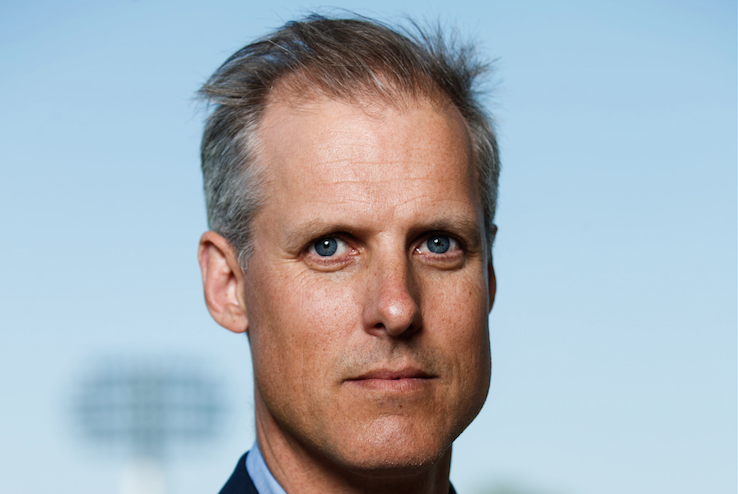
Ed Smith is a familiar figure in cricket.
He is a former player, commentator and journalist turned England national selector who frequently appears on our screens, radios and in print to name squads, explain call-ups, rebuff criticism and accept praise. But that isn’t all he has spent his time doing.
For three years, Smith worked on turning a long-standing idea into reality. Having retired from professional cricket in 2008 aged 30, Smith set about “10 years of sampling and exploring, intellectual discovery and adventure.”
Although he didn’t know it at the time, while writing books, teaching at universities and pursuing a career in the media he was “learning how sports organisations gained an edge”.
Read more: Nathan Leamon interview: England’s analyst on data is shaping cricket
Smith had been struck by his earlier experiences. Appointed captain of Middlesex aged 28, he explored avenues which could help him become a better leader, but nothing fitted the bill.
“[I wanted somewhere] I could go to develop leadership skills that might help me to be a more effective captain on the field, off it, make decisions, use data effectively, build consensus and to communicate,” he tells City A.M. “I couldn’t find anything that really appealed to me. That lodged with me.”
That nucleus of an idea spawned what is now the Institute of Sports Humanities, an organisation Smith co-founded which aims to “bridge the two worlds of professional sport and academia.” Partnered with the University of Buckingham, ISH runs a Leadership in Sport MA which is designed to provide people within the industry a unique experience.
Humanities overlooked
Smith spent over a year writing the course syllabus before England chiefs approached him in April 2018 to become national selector. With ISH’s first course having launched this autumn, City A.M. met a characteristically well turned-out Smith in a Fitzrovia members club to talk through his project.
Although areas like sports science and data analytics have evolved significantly in recent years, Smith says nothing like his leadership in sport MA existed previously. Brimming with enthusiasm, he sets about outlining why he feels the area of humanities has been overlooked in sport.
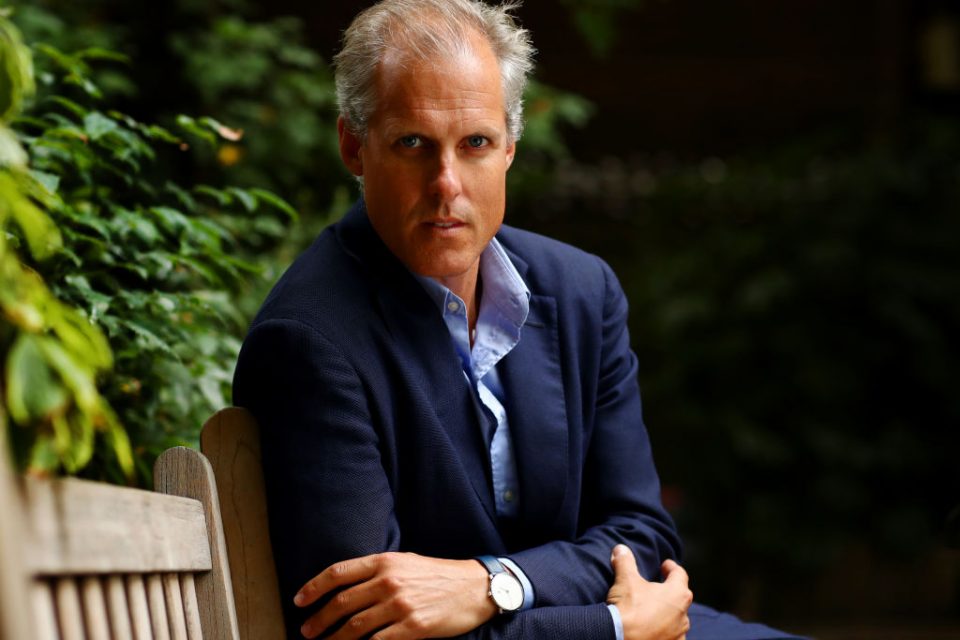
“What [American paleontologist] Stephen Jay Gould called the ‘outer wall of human endeavour’, we’re getting quite close to that wall when it comes to physiology,” he explains.
“Human beings are getting slower at getting faster and all those easy wins have pretty much been done. Elite sports teams are always looking for an edge and it’s getting harder and harder to find that edge.
“But human elements are a very long way from being optimised. How do we go about making better decisions? What biases prevent us from making decisions in the most rational way? And once those decisions are made how can we bring people on board with them and how can we communicate them internationally and externally?
“The question of nurturing judgement, the ability to balance intuition with data – those types of questions, for me, seem a long way from being optimised. [I think] that there was an opportunity to explore them in a rigorous way.”
‘PPE in sport’
The 42-year-old says the course can be viewed as a “PPE in sport” and draws on “history, economics and psychology”.
The first intake is a group of around 20 people from a variety of backgrounds, including “an ex-international cricketer, recent professional rugby player and people who work within organisational bodies in sport”.
Smith earned a double first in history at Cambridge before turning his attention to a cricket career and he thinks that academic background is something others could benefit from.
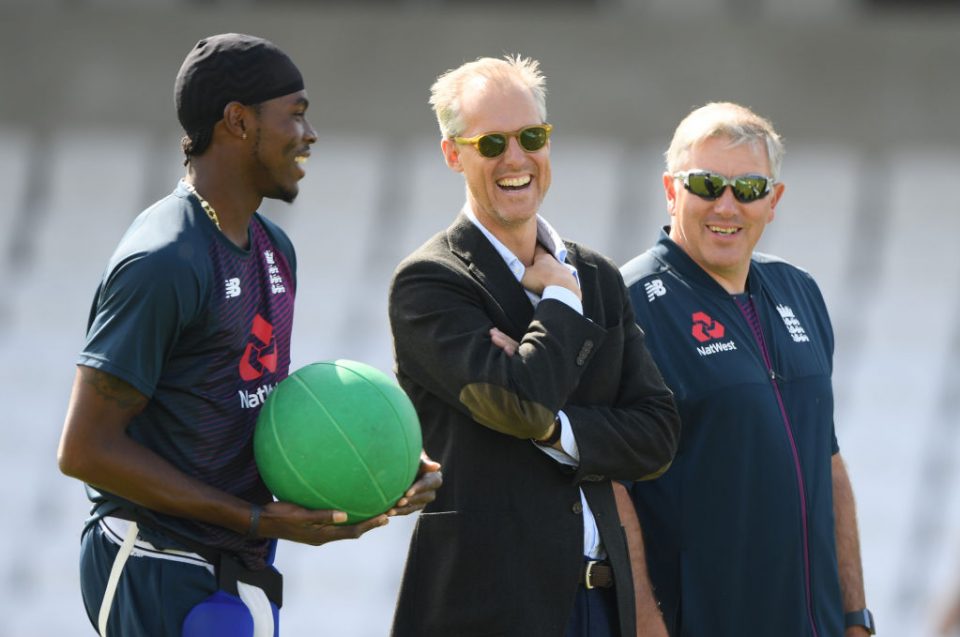
“Some very effective leaders have no interest in formal academic training and that’s absolutely fine,” he says.
“Some of the best leaders operate very intuitively and get people to do it. But I do think there is a way to support leaders better, some leaders – the kinds who are interested in applying ideas taken from a more academic context and putting them into a practical sphere – and the institute is very much focused on them.”
The world of selection
Smith had been immersing himself in academia and fleshing out the MA’s syllabus in April 2018 when Andrew Strauss, England’s then director of cricket, offered him the chance to take over from James Whitaker as national selector.
It was perfect timing, allowing him to step back from the day-to-day work on ISH at an opportune moment, but also to implement some of the things he had been studying.
“England is obviously the focus,” he stresses. “It’s the kind of role you’ve got to be absolutely committed to and that suits me well. I’ve found it such an interesting and stimulating role.
“But it’s also true that the work I did setting up the institute and writing the syllabus stimulated ideas which have been relevant to the world of selection, which obviously brings up questions about data, intuition, judgement. There’s a synergy there definitely.”
When Smith became responsible for choosing players to represent England the prevailing narrative was that because of his background he would adopt a modern, Moneyball-inspired approach.
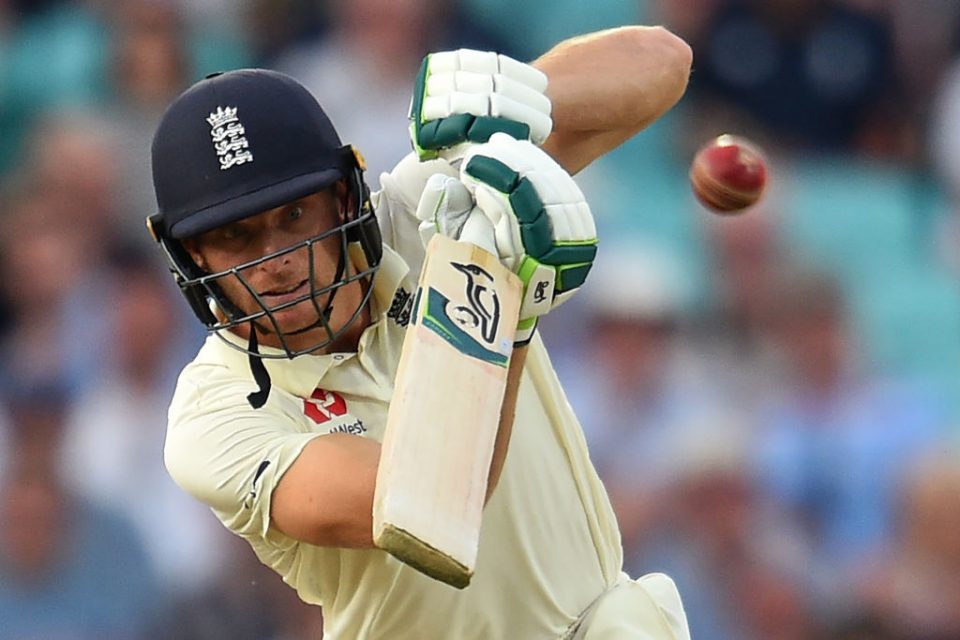
“One of the interesting things about selecting national teams is that you’re not in a Moneyball situation, because you don’t have a transfer market,” he says. “You have a national game and a number of players to choose from. It’s a different scenario than trading players.”
Yet, despite the differences, Smith did make his mark. He recalled mercurial wicket-keeper Jos Buttler in the summer of 2018 largely off the back of his Twenty20 form at the Indian Premier League.
That summer Buttler responded by scoring his maiden Test century and also passed 50 seven times in 10 Tests as England drew with Pakistan and beat India at home and defeated Sri Lanka away. It is a case Smith is understandably proud of – and one which was rooted not just in data, but in the kind of processes which Smith is now trying to pass onto the ISH’s students.
Read more: Why we need to change our mindset to make The Hundred a success
“It’s not that the evidence is unreliable, it’s incomplete or non-scientific,” he explains. “So you’re looking at a range of kinds of evidence: your knowledge of the person and their performances, an awareness of their ability to adapt to new circumstances, and then you try and make a balanced decision. At the time it was a non-scientific, but very rigorous process.
“One of the things with the institute is that we’re looking at things rigorously, but not always scientifically.”
Curious-minded
No matter how much thought goes into it, selection is not something you can completely master. Over 18 months in Smith has overseen both successes and failures with England. Some players have looked at home and shown promise, while some have struggled to make the step up.
Now with a busy winter which starts later this month with two Tests in New Zealand and also includes a tour of South Africa and a Lions training camp in Mumbai, Smith has taken time to reflect on his methods.
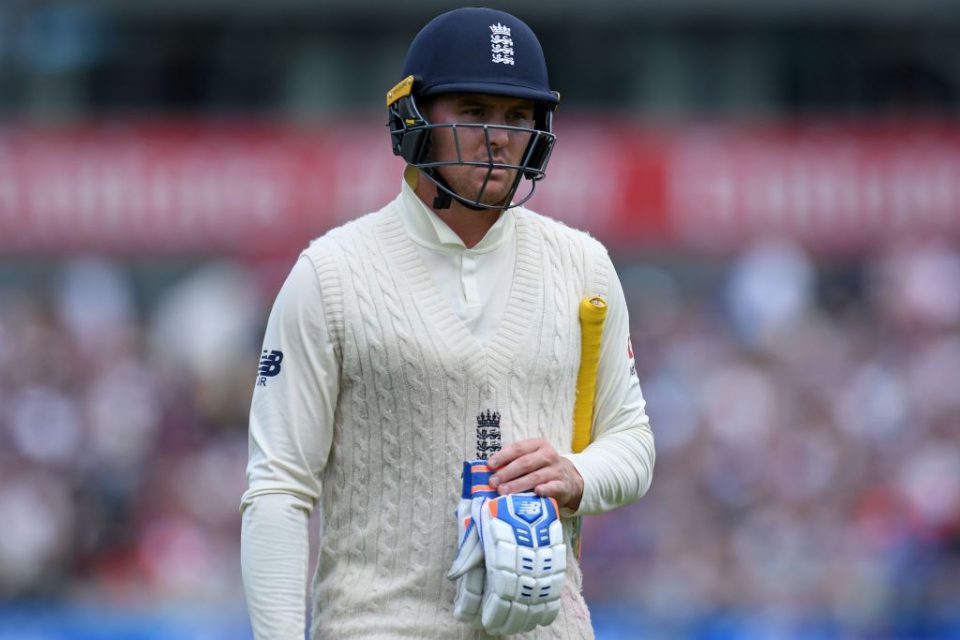
“If you have a good memory, you become more sceptical,” he concludes.
“One of the things I try to do in selection is remember all the times I’ve been wrong, not just the things that went well – and I don’t just mean decisions, I mean positions, expectations. You’re constantly revising and hopefully improving your assessments but that obviously relies on an accurate assessment of when you’ve been wrong in the past.
“I would say I am very curious-minded, sceptical and I try to have a good memory, particularly about what I’ve thought. That way you won’t be right always in the future but hopefully you’ll be less wrong than you would have been.”